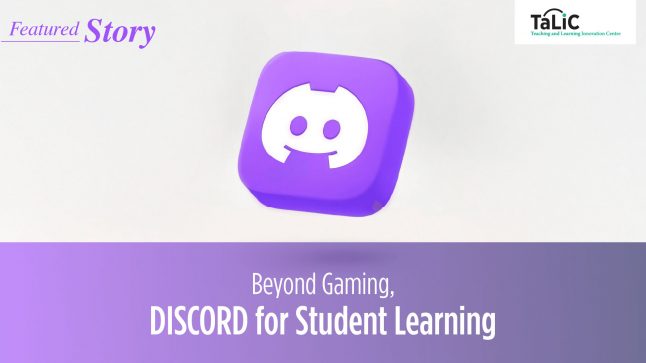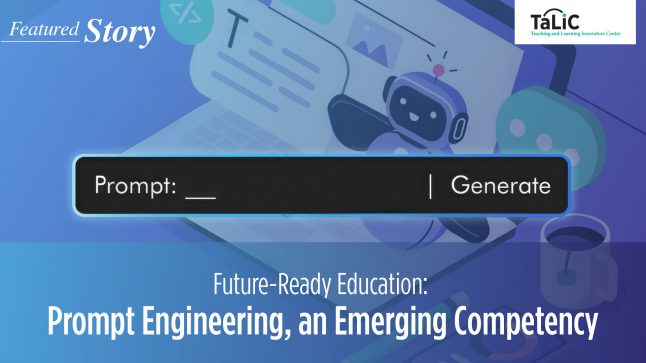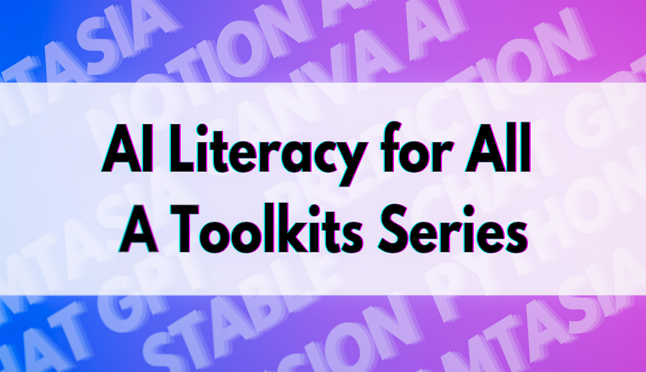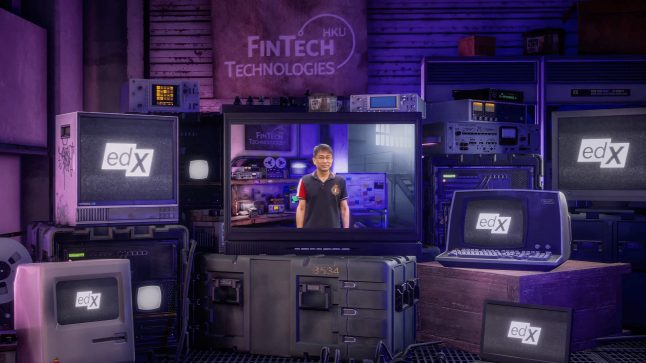
Date : January 26, 2016 (Tuesday)
Time : 12:30pm – 2:00pm
Venue :CPD 2.73, CPD 2.75 and CPD 2.77, 2/F, Chi Wah Learning Commons, Centennial Campus
About the interactive session:
Wondering what are the basics of an online course? Do you want to be innovative? But you don’t know where to start? If you have any of these questions, then maybe Small Private Online Course, commonly referred to as SPOC, might work for you. Come and join us in our series of TELI seminars on SPOC and learn its basic foundation and the different practices being applied in developing it.
In this interactive session, we will look closely into several SPOCs that are currently being developed in HKU. You will have hands-on experience with the different stages that spans from knowing the basic requirements to restructuring your course into an online mode, and from making a concise script to representing it visually through a storyboard. Plus, you can experience a mock-up studio filming and say a few lines in front of the camera. We will also explore different possibilities and options for collaboration to make your class more interactive, fun, and accessible through the use of different technologies and expertise available at TELI. This seminar is open to the first 30 registered participants to ensure that there is enough time to accommodate questions, provide comments, and give feedback for each participant. Late registrants will be placed in the waiting list and contacted when spots are available.
About the Team:
 Our team, formed with the support of a UGC grant, is part of TELI that takes charge of the development of SPOCs within HKU. It is composed of four researchers and one programmer handling ten different courses across five different faculties for its initial stage. Wincy Chan is an instructional designer and researcher for SPOC with interest in students’ social-cognitive and behavioural outcomes across learning designs. Her current projects cover student learning in the traditional and blended classrooms. Elizabeth Oh is the project manager who oversees all project- and research-related activities for the SPOC team. As an avid online learner, Elizabeth is passionate about assisting teachers and students to use technology to advance learning in engaging ways. Donn Gonda is a tech-savvy research assistant currently responsible for the engineering courses. He is experienced in creating online contents for teaching and research. Andrea Qi is a project associate and research assistant responsible for the development, implementation and evaluation of a series of SPOCs. She is an experienced teacher in both F2F and online mode, and an active online course learner. Alex Yi is a technical officer responsible for the development of “Learning Design Studio” which is a handy tool to design teaching plan. He is proficient in various programming language and well adept in delivering courseware materials to the online platform.
Our team, formed with the support of a UGC grant, is part of TELI that takes charge of the development of SPOCs within HKU. It is composed of four researchers and one programmer handling ten different courses across five different faculties for its initial stage. Wincy Chan is an instructional designer and researcher for SPOC with interest in students’ social-cognitive and behavioural outcomes across learning designs. Her current projects cover student learning in the traditional and blended classrooms. Elizabeth Oh is the project manager who oversees all project- and research-related activities for the SPOC team. As an avid online learner, Elizabeth is passionate about assisting teachers and students to use technology to advance learning in engaging ways. Donn Gonda is a tech-savvy research assistant currently responsible for the engineering courses. He is experienced in creating online contents for teaching and research. Andrea Qi is a project associate and research assistant responsible for the development, implementation and evaluation of a series of SPOCs. She is an experienced teacher in both F2F and online mode, and an active online course learner. Alex Yi is a technical officer responsible for the development of “Learning Design Studio” which is a handy tool to design teaching plan. He is proficient in various programming language and well adept in delivering courseware materials to the online platform.
This interactive session is open to the first 30 registered participants to ensure that there is enough time to accommodate questions, provide comments, and give feedback for each participant.
For enquiries, please contact Miss Bonnie Yu by email yka0201@hku.hk.











